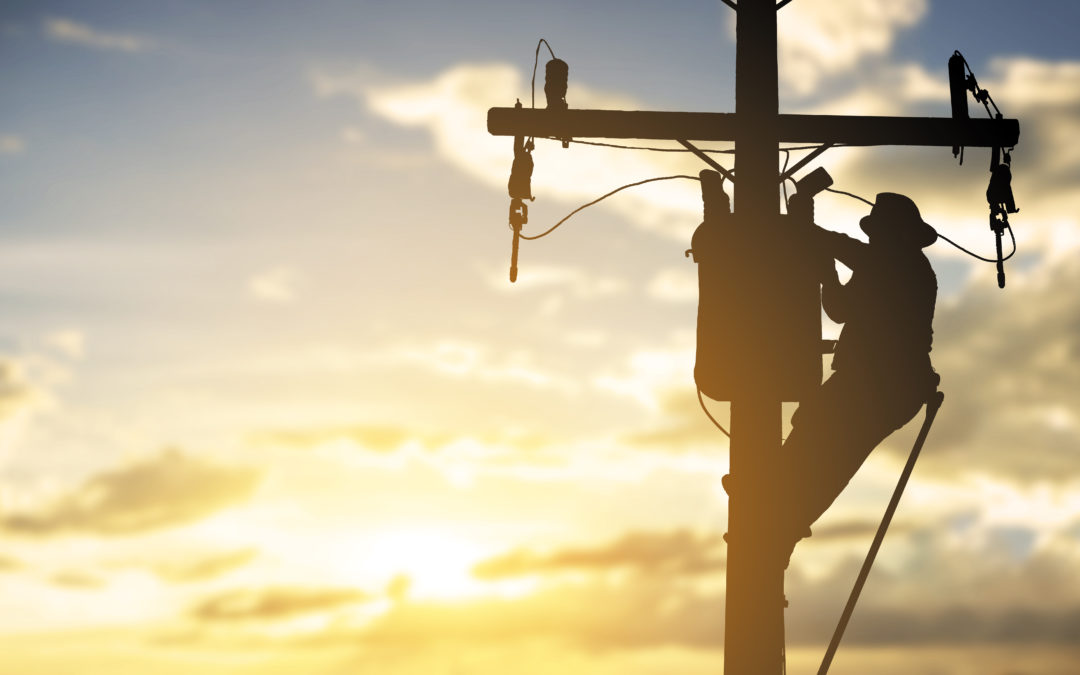The coalitions expressed support for the broadband expansion but want to “ensure that costs are appropriately recovered and credited back to captive electric utility ratepayers.”
________________________________________________
 Protecting electric utility ratepayers must be a top priority for regulators as they expand statewide broadband access to underserved areas, according to recommendations from two city coalitions.
Protecting electric utility ratepayers must be a top priority for regulators as they expand statewide broadband access to underserved areas, according to recommendations from two city coalitions.
In comments filed with the PUC on January 18, the Texas Coalition of Cities for Utility Issues (“TCCFUI”) and the Steering Committee of Cities Served by Oncor (“OCSC”) recommended a number of financial safeguards related to the implementation of House Bill 3853, adopted in 2021, which relates to broadband expansion.
Under the new law, electric transmission providers can lease their ratepayer-financed lines to internet companies to expand broadband service to rural Texas and other underserved areas. The coalitions expressed support for the broadband efforts but want to “ensure that costs are appropriately recovered and credited back to captive electric utility ratepayers,” according to comments filed with the PUC.
The coalitions’ suggestions as the PUC implements the new law include the following:
- Define “unserved area” and “underserved area” in relation to the term “broadband service” as defined in HB 3853. Defining these terms will clarify and streamline the application process.
- Add additional regulatory filing requirements for an electric utility to demonstrate it has a guarantee of funds from the internet service provider for the term of the lease.
- Add additional filing requirements for an electric utility to demonstrate it has the financial capability to offset all construction, maintenance, operations, and other costs in the event of a breach, default, or other failure by the lessor to pay the contracted revenues through the end of lease term.
- Add requirements for the utility to demonstrate it will recover all costs for the life of the asset upfront or throughout the initial lease term and/or add additional requirements create incentives for the utility to sign a new lease to cover the costs for the remainder of the life of the asset.
“As coalitions of cities across the state, OCSC and TCCFUI have witnessed the disparate access to broadband within our communities and share a desire to bridge the gap to that access,” wrote attorney Jamie L. Mauldin on behalf of the coalitions. “Therefore, Cities want to ensure the successful implementation of this rule for maximum benefit, but also ensure that costs are appropriately recovered and credited back to captive electric utility ratepayers.”
More information about the PUC’s implementation of HB 3853 can be found on the agency’s website under PUC Docket No. 52845. A number of other stakeholders—including the state Office of Public Utility Counsel and the Texas Cable Association—have also filed comments in this project. Reply comments are due January 31.

